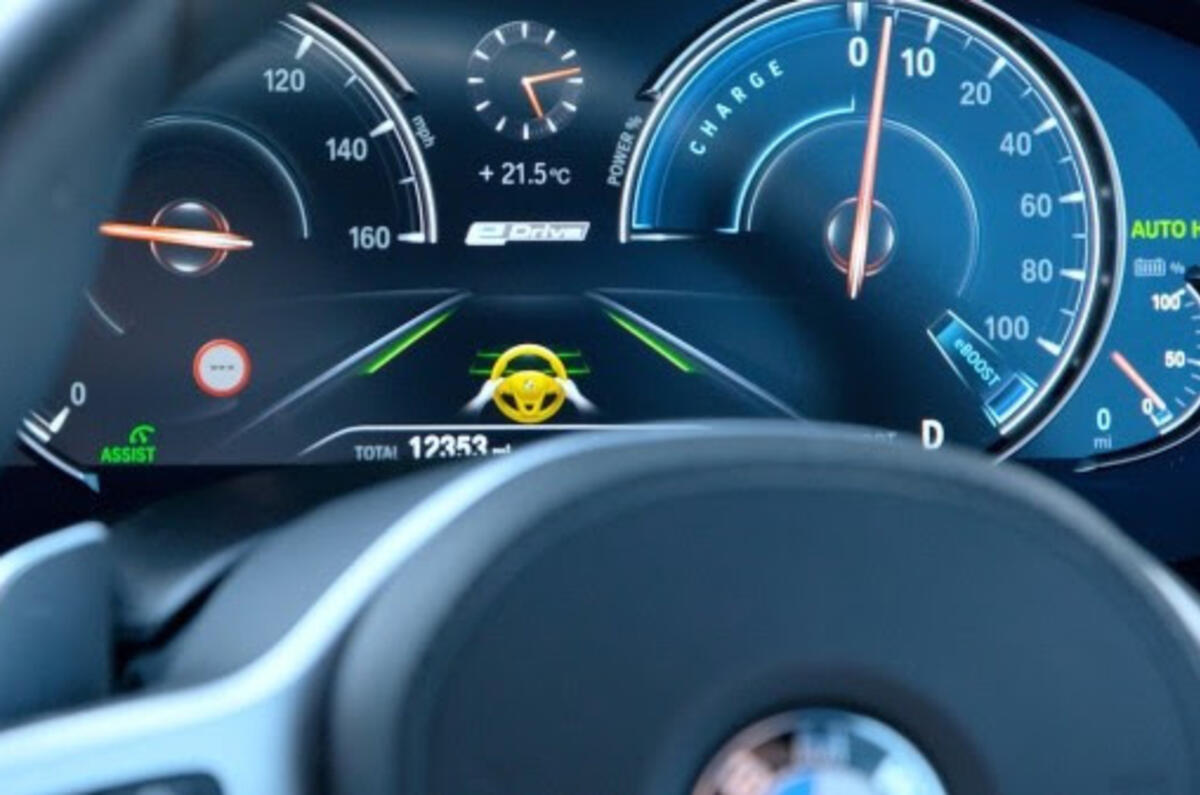Car manufacturers that describe driver assistance technology as ‘autonomous’ are endangering motorists, the Association of British Insurers and Thatcham Research said.
The two organisations believe the use of the word 'autonomous' can lead to drivers “over-relying on technology”, potentially stopping them from reacting in time to prevent otherwise avoidable accidents.
Thatcham has produced a report entitled ‘Assisted and Automated Driving Definition and Assessment’ in which it indentifies “dangerous grey areas associated with some driver support technologies”. The report references the use of terms such as Autopilot and ProPilot, which are used by Tesla and Nissan respectively for their driver assist technology, as potentially misleading drivers into believing their car can take full control in all circumstances.
Head of research at Thatcham, Matthew Avery, said: “We are starting to see real-life examples of the hazardous situations that occur when motorists expect the car to drive and function on its own. Specifically, where the technology is taking ownership of more and more of the driving task, but the motorist may not be sufficiently aware that they are still required to take back control in problematic circumstances.”
Although driver assistance technology has moved on leaps and bounds in recent months, with models such as the Mercedes-Benz S-Class capable of taking control of the accelerator and brakes while providing autonomous steering for periods of up to 30 seconds, Avery said that “fully automated vehicles that can own the driving task from A to B, with no need for driver involvement whatsoever, won’t be available for many years to come”.
He added: “Until then, drivers remain criminally liable for the safe use of their cars and, as such, the capability of current road vehicle technologies must not be oversold."
Most manufacturers are currently working on Level 2 (defined as ‘hands off’), Level 3 (‘eyes off’) or Level 4 (‘mind off’) autonomy. Toyota Research Institute boss Gill Pratt recently told Autocar that the nuanced differences between the three levels are clouding the development race.
“It’s extremely important not to confuse the driving of levels with a gauge of where different companies are,” he said. “Level 4 autonomy depends on where you’re doing it [due to the need for cars to communicate with sensors], so you have to go a stage deeper.
Nissan has responded to Thatcham's report, with a spokesman telling Autocar: “Propilot Assist is a hands-on, eyes-on, driver-assist system that can be used for motorway and dual carriageway driving. This is clearly communicated to customers at all stages of the purchase process. The system requires the driver to be in control at all times, and with their hands on the steering wheel – the system deactivates if this is not the case.”
A Tesla spokesman also contacted Autocar, explaining that "The feedback that we get from our customers shows that they have a very clear understanding of what Autopilot is, how to properly use it, and what features it consists of.
"When using Autopilot, drivers are continuously reminded of their responsibility to keep their hands on the wheel and maintain control of the vehicle at all times. This is designed to prevent driver misuse, and is among the strongest driver-misuse safeguards of any kind on the road today. Tesla has always been clear that Autopilot doesn’t make the car impervious to all accidents and the issues described by Thatcham won’t be a problem for drivers using Autopilot correctly.”




Join the debate
Add your comment
Cruise control.....?
When should you NOT use it....?, I’d be interested to know how many know.....
Tesla must take a lot of
Tesla must take a lot of responsiblity for naming its version "Autpilot", its a thoroughly misleading name and should be changed immediately. I cant see anything wrong with "ProPilot" though - nothing about that name suggests its autonomous
I can see that totally
I can see that totally perfect full autonomy might be the dream for some people who currently derive great pleasure from riding in taxis.
Full control is the dream for others (myself included).
But I agree that anything in between is dangerously ambiguous.
To be staring vacently out the window one second, then made aware that your input is needed, then to assess what and why, and then to take the best and appropriate action, is far too long a process.